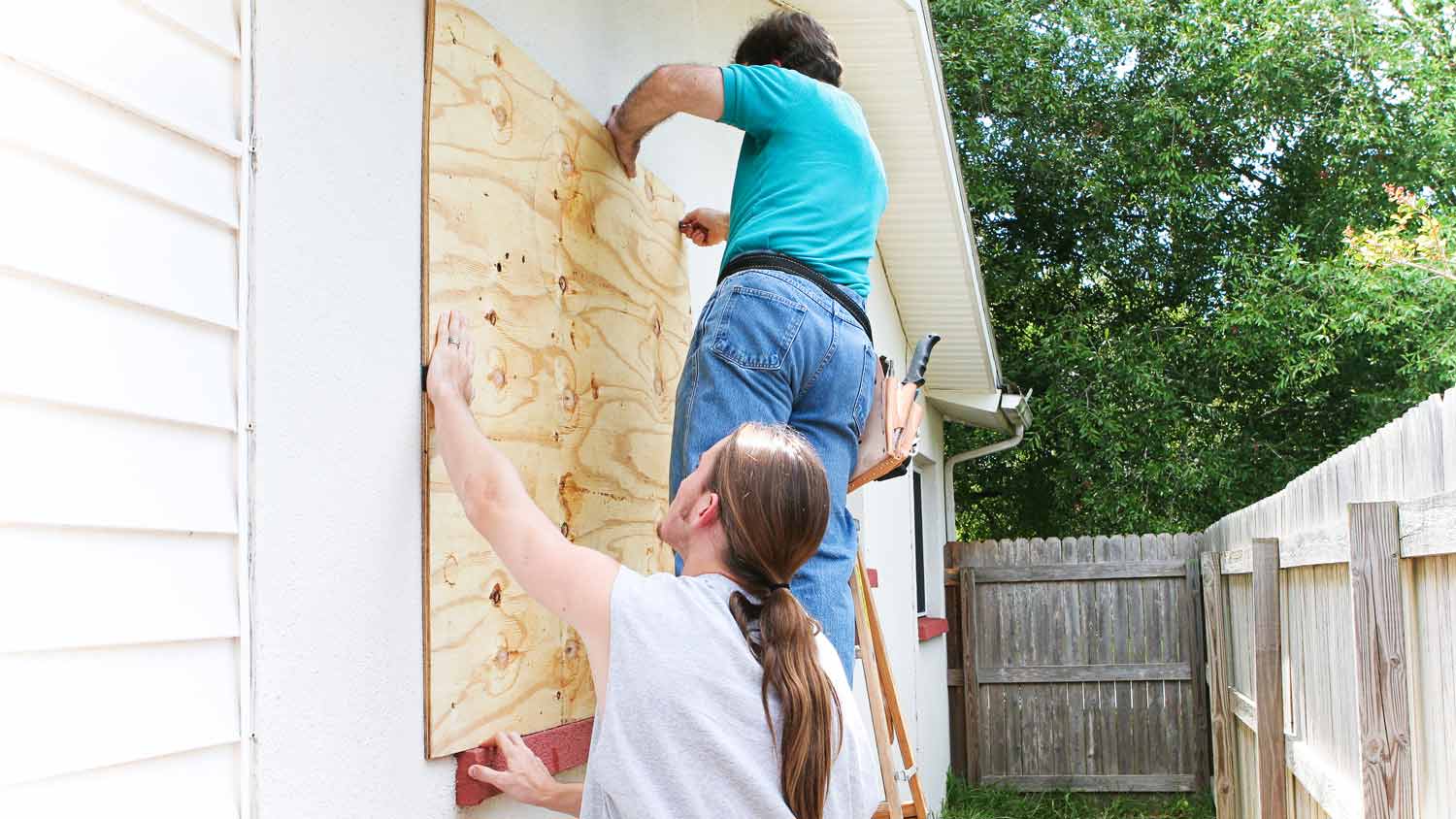
Discover storm damage repair costs, key price factors, and ways to save. Get transparent estimates to plan your home repairs with confidence.
The first serious step in initiating a home repair project


Free estimates give you a general idea of total project costs.
Sometimes it is better to get a paid estimate, especially when it is refundable.
Get at least three estimates before starting a big project.
You have been offered a free home repair estimate that sounds like great news—but is it? Homeowners should know that service providers sometimes attach strings when advertising free estimates. Take a look at everything you need to know about free home repair estimates.
A free estimate roughly estimates the cost of a job that a contractor or company provides. Some companies and contractors offer free estimates for the services they provide. All you have to do is call them, request the free estimate, and the professional will provide you with an approximate total for the services you need. The company may send someone out to meet you in person or ask questions over the phone.
Conversely, there are paid estimates, which can range anywhere between $150 to $1,000. It is more typical to see paid estimates for complex home renovation projects because the process of putting together an estimate can take hours. It is up to each company or contractor, however, to decide whether to offer free or paid estimates. So, you will see free estimate offers for almost every kind of home service out there, including roofing, painting, and landscaping.
Since it is an estimate, you should not expect the numbers to be perfectly accurate. It is not unusual for the more formal final quote, which comes later on, to cost more or less than your estimate.
Your professional will base their free estimate on whatever information they gather over the phone or during an in-person visit. The amount they estimate is not binding, and you can expect the actual costs to be higher or lower.
Quotes, on the other hand, are legally binding. Once you sign off on a home repair quote, the company or contractor is expected to follow through on what the quote says. A quote should include detailed breakdowns of materials and labor costs, as well as all the included services.
First, your prospective contractor will set up a time to come out and look at the project. After the appointment, you can expect to get a scope of work, which details how long the project will take and how much it will cost. You may also get a peek at drawings or plans, particularly for larger projects, but do not expect to get copies unless you agree to hire them for the work.
Free home repair estimates do not always go the distance. Before accepting a free estimate, ask what is included to ensure it covers the scope needed for you to make apples-to-apples comparisons between different contractors. If you are hiring out for a big project, an estimate with line-by-line breakdowns of services and charges will be more helpful than just a final cost estimate.
As a general rule, if you want to know how much it will cost to fix something, such as repairing a roof or replacing torn siding, a free estimate should cover it. If you need help diagnosing a problem, you probably need an inspection. Most contractors charge for inspections because of the diagnostic work involved and the fact that they are providing a service. For example, you will likely pay for an inspection if you want to know how long your roof will last, why your basement is flooding, or why temperatures fluctuate in your home.

Be prepared to pay for personalized design plans pertaining to your next project. In addition to providing compensation for time, contractors tend to create design plans for customers who are ready to start their project soon, not those still researching costs. This helps protect contractors from customers who may use their sketch plan to shop their competitors for a lower price.
Some contractors only offer free estimates for projects that go above a certain dollar amount. That means you might have a hard time finding a contractor to give you a free quote if you are just looking for a smaller job, such as appliance repair. Many contractors might consider estimating a smaller job to be a service call, which can vary by cost depending on the type of repair needed.
If a company only does paid estimates, do not rule them out entirely. Many companies that charge for estimates will apply the cost toward your final bill if you decide to go with them. Ask if this is a possibility before choosing your contractor.
Do not assume that your estimate will be free just because a company advertised them. The estimate being advertised may not apply in your case. A better option is to ask for an offer to receive your free estimate in writing. This will cover you in the event that a bill for an estimate shows up down the road.
While a free estimate is enticing, you should not choose a company based on "freebies" alone. Before hiring a contractor, check their customer reviews and reputation, in addition to their qualifications and experience. If this company is the only one in your area offering free estimates, ask yourself why that may be. Free is not always best.
Getting more than one estimate—three is ideal—will help you to establish a high cost, middle cost, and low cost for the project you need done. Consider paying for some of your estimates if you cannot find three companies willing to provide free estimates. After all, the cost of paying for an estimate is nothing compared to the cost of choosing the wrong contractor for the job. Once you pick a contractor, hold on to your original estimate to compare it to your final bill.
Ready to hire a general contractor near you? Before you do so, there are a few questions you should always ask a contractor before signing on the dotted line. These include:
How many years of experience do you have?
Are you licensed and/or insured?
Will you obtain the necessary permits needed for this job?
Can you provide references?
From average costs to expert advice, get all the answers you need to get your job done.

Discover storm damage repair costs, key price factors, and ways to save. Get transparent estimates to plan your home repairs with confidence.

The cost to frame a house can vary depending on the size of your home, the structure you’re building, and your materials. Keep reading to learn how much framing your house might cost.

Installing a dumbwaiter can save you time and energy. Learn how much a dumbwaiter costs with this guide.

As you ring in the new year, you may wonder: What are the top home improvement ideas of 2025? Read on for a full breakdown of in-demand projects on the horizon.

If a disappearing contractor left you without your deposit and services, here are the actions to take to remediate the project and get your money back.

Get the latest carpentry framing repair cost estimates. Learn what impacts your price and how to budget for your framing repair project.